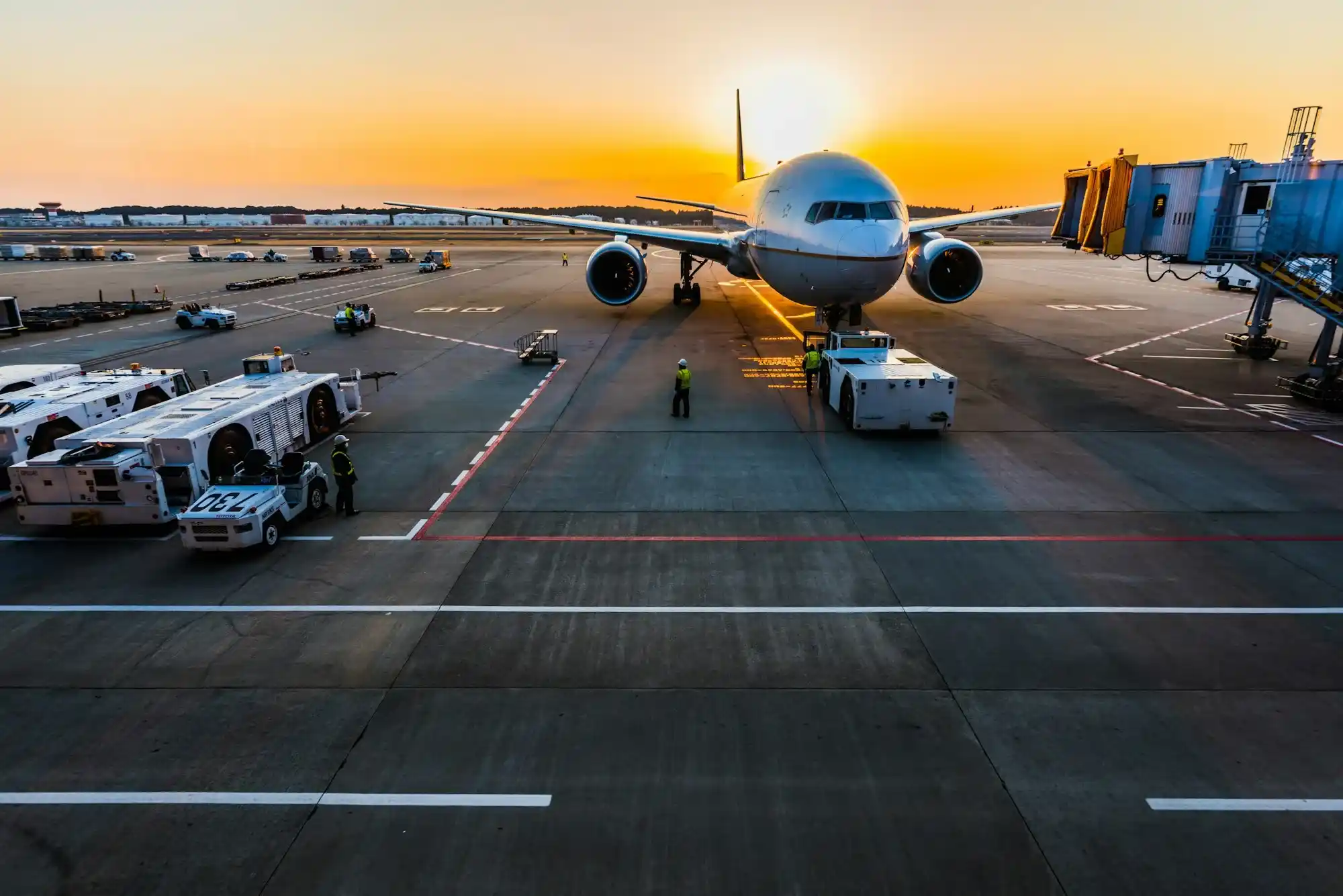Dubai and Saudi Arabia stand as economic powerhouses in the Middle East, each with its unique strengths and advantages. The transportation of cargo between these two regions is not only essential for their individual economic growth but also crucial for facilitating trade and commerce in the broader global landscape. In this article, we delve into the logistics and intricacies of cargo transportation from Dubai to Saudi Arabia, exploring the challenges, solutions, and opportunities inherent in this dynamic process.
Understanding the Demand
The demand for cargo transportation between Dubai and Saudi Arabia stems from various sectors, including but not limited to:
Trade
Both Dubai and Saudi Arabia boast thriving trade sectors, encompassing a diverse range of goods, including electronics, machinery, textiles, and petroleum products.
Construction
With significant infrastructural developments ongoing in both regions, there’s a consistent demand for transporting construction materials such as steel, cement, and machinery.
Consumer Goods
The burgeoning consumer markets in both Dubai and Saudi Arabia necessitate the seamless transportation of consumer goods, including food products, clothing, and electronics.
Oil and Gas
Given Saudi Arabia’s status as a major oil producer and Dubai’s strategic location as a trading hub, there’s a constant flow of oil and gas-related cargo between the two regions.

Challenges in Cargo Transportation
While the demand for cargotransportation between Dubai and Saudi Arabia is evident, several challenges exist in ensuring efficient and timely delivery:
Customs Procedures
Navigating the customs procedures and documentation requirements of both countries can be complex and time-consuming, leading to delays in cargo clearance.
Infrastructure
Despite significant investments in infrastructure, certain logistical constraints, such as inadequate road networks and port facilities, can impede the smooth flow of cargo.
Regulatory Compliance
Adhering to regulatory standards and compliance requirements, particularly in industries such as pharmaceuticals and hazardous materials, poses additional challenges.
Security Concerns
Ensuring the security of cargo against theft, damage, or piracy during transit is paramount and requires robust security measures.
Solutions and Innovations
To address these challenges and optimize Cargo transportation between Dubai and Saudi Arabia, stakeholders have adopted various solutions and innovations:
Technology Integration
Leveraging digital technologies such as blockchain, IoT (Internet of Things), and AI (Artificial Intelligence) streamlines documentation processes, enhances tracking capabilities, and improves overall transparency and efficiency.
Collaborative Partnerships
Forming strategic partnerships between logistics companies, government agencies, and industry stakeholders facilitates knowledge sharing, resource pooling, and the development of integrated supply chain solutions.
Infrastructure Development
Continued investments in infrastructure development, including the expansion of ports, road networks, and rail connections, bolster the logistical capabilities and connectivity between Dubai and Saudi Arabia.
Risk Management
Implementing comprehensive risk management strategies, including insurance coverage, contingency planning, and security protocols, mitigates potential risks and ensures the safe and secure transportation of cargo.
Opportunities for Growth
Despite the challenges, the cargo services sector between Dubai and Saudi Arabia presents significant opportunities for growth and expansion.
E-commerce
The rapid growth of e-commerce in both regions creates a burgeoning demand for efficient and reliable cargo transportation services to facilitate the movement of goods purchased online.
Specialized Services
There’s a growing demand for specialized cargo transportation services, including temperature-controlled logistics for perishable goods, oversized cargo handling, and express delivery services.
Cross-Border Trade
Strengthening trade ties and economic cooperation between Dubai and Saudi Arabia, particularly through initiatives such as the GCC (Gulf Cooperation Council) and free trade zones, unlocks new avenues for cross-border trade and investment.
Sustainable Practices
Embracing sustainable practices and green logistics not only aligns with global environmental initiatives but also presents opportunities for cost savings and operational efficiency improvements in the long term.

The transportation of cargo services from Dubai to Saudi Arabia is a multifaceted process that plays a pivotal role in facilitating trade, driving economic growth, and fostering closer ties between these two regional powerhouses. By addressing the challenges, leveraging innovative solutions, and seizing opportunities for growth, stakeholders can unlock the full potential of this critical logistical corridor, ushering in a new era of prosperity and collaboration in the Middle East.biznsamerica.com






















